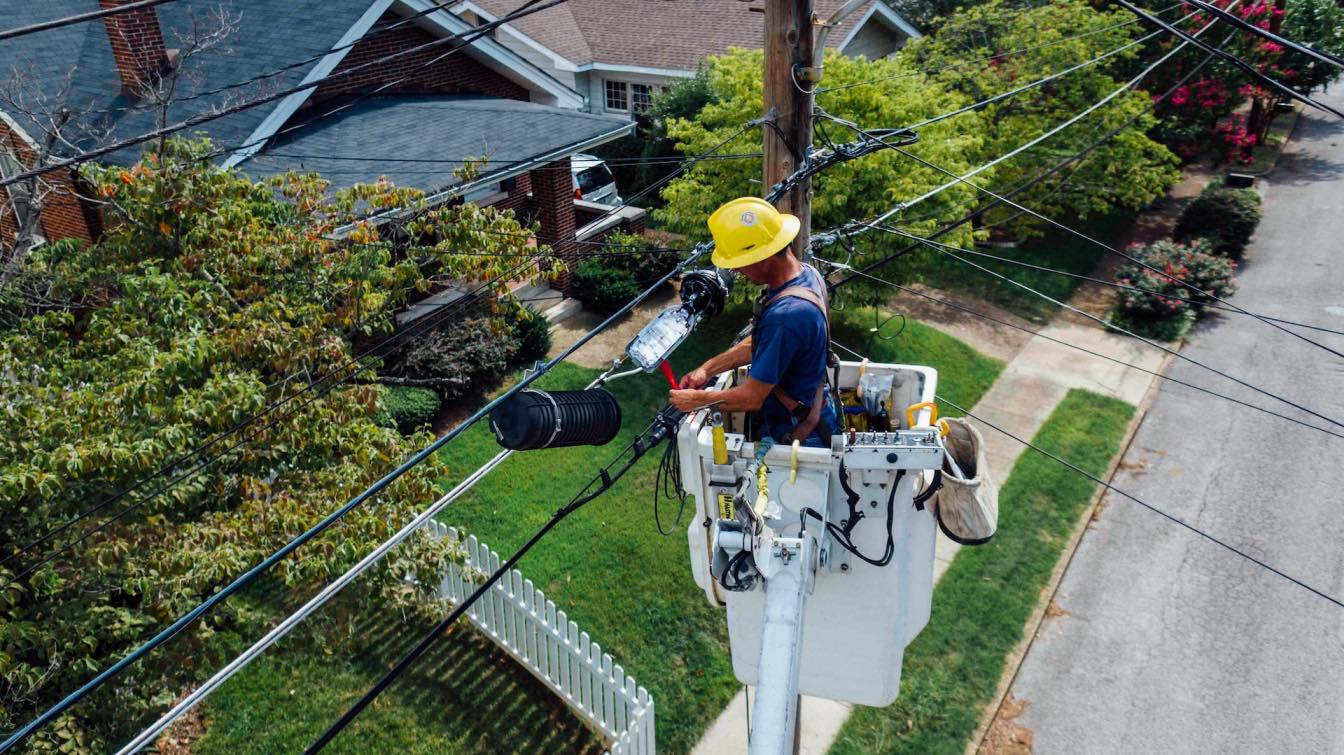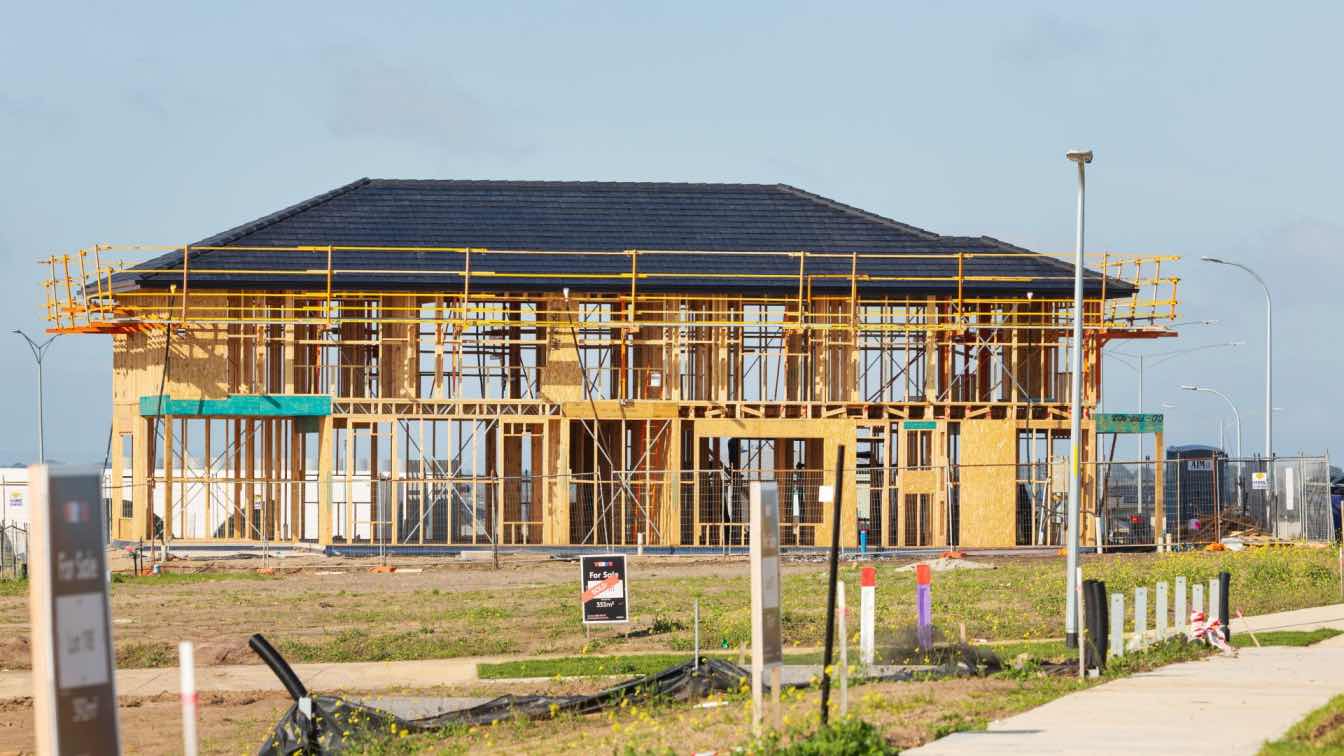In today's fast-paced and technology-driven world, businesses rely heavily on a steady and efficient electricity supply to keep their operations running smoothly. From powering essential equipment and machinery to providing a safe and comfortable environment for employees and customers, electricity forms the backbone of modern commerce.
However, as businesses grow and adapt to changing needs, their electrical systems often face increasing demands that can strain their capacity and compromise safety. Aging infrastructure, outdated wiring, and inadequate electrical systems can pose significant risks, including electrical hazards and potential downtime.
That said, it's imperative for businesses to proactively assess and upgrade their electrical infrastructure to address the evolving needs of the industry. For a little help, below are the various aspects of electrical systems that often require attention.
Wiring Upgrades
Wiring becomes more susceptible to wear and tear, corrosion, and insulation degradation as it ages. These issues can result in short circuits, power outages, and electrical malfunctions, causing inconvenience and disrupting daily activities.
Moreover, outdated wiring may not be equipped to handle the electrical demands of modern appliances and technology. As our reliance on electricity continues to grow, older wiring systems may lack the capacity to support the increased load safely. And this can lead to overloaded circuits, overheating, and further deterioration of the wiring infrastructure, exacerbating the potential risks.
Upgrading to modern wiring materials, such as copper or aluminum, with enhanced insulation can ensure a more robust and efficient electrical system. Consult with professional electrical contractors such as Pro Point Electrical to assess your current wiring and provide recommendations on the best materials and methods for upgrading.
Pro Point Electrical commercial electricians have years of experience handling electrical projects for various commercial establishments. They are well-versed in the latest industry standards and regulations, ensuring that your electrical system meets all safety requirements.
Lighting Upgrades
Effective lighting is essential in business settings as it directly impacts productivity, energy consumption, and the overall ambiance of the space. Here are some lighting upgrades that businesses can consider:
LED Lighting: Upgrading to LED lights is one of the most popular and cost-effective options. LED lights exhibit remarkable energy efficiency, consuming considerably less electricity when compared to conventional incandescent or fluorescent lights. They have a longer lifespan, produce less heat, and offer various color options.
Motion and Occupancy Sensors: Installing motion and occupancy sensors in areas such as restrooms, corridors, and conference rooms can help save energy. These sensors detect movement or the presence of people and automatically turn the lights on or off accordingly.
Daylight Harvesting: Businesses can utilize natural light by implementing daylight harvesting techniques. It involves strategically placing windows, skylights, or light shelves to maximize natural light penetration into the space.
Smart Lighting Controls: Implementing smart lighting controls allows for more precise and convenient management of lighting systems. These controls enable businesses to adjust lighting levels, create customized lighting schedules, and integrate with other building automation systems.
Electrical Panels and Circuitry Upgrades
Upgrading electrical panels and circuitry in businesses is essential to improving energy management, enhancing workplace safety, and accommodating growing power demands.
This step ensures the efficient distribution of electricity and allows businesses to adapt to technological advancements and comply with regulatory requirements. There are several examples of modern electrical panels and circuitry that businesses can consider:
Smart Panels: Smart panels are equipped with intelligent features for energy monitoring, control, and automation. These panels can provide real-time data on energy consumption, identify energy inefficiencies, and allow businesses to manage and optimize their electrical systems remotely.
Load Management Panels: These panels help businesses efficiently distribute power by prioritizing electrical loads based on demand and available capacity. Load management panels use advanced algorithms and sensors to monitor and control power distribution, avoiding overload situations and optimizing energy usage.
Power Distribution Units (PDUs): PDUs are commonly used in data centers and server rooms to distribute power to racks and equipment efficiently. Modern PDUs often come with intelligent monitoring capabilities, allowing businesses to track power usage at a granular level and optimize energy allocation.
Safety Enhancements
Ensuring a safe working environment is of utmost importance for any business. Implementing safety enhancements within a commercial setting is essential to protect employees, customers, and valuable assets. Businesses can prevent accidents, mitigate risks, and comply with safety regulations by investing in various safety measures.
For instance, installing emergency backup systems provides a reliable power source during outages. These systems help businesses maintain essential operations and ensure the safety and well-being of individuals within the premises.
What's more, implementing fire and smoke detection systems is crucial for early detection and prompt response. Businesses can minimize the risk of fire-related incidents and facilitate timely evacuation by investing in advanced fire detection technology.
Compliance with safety standards and regulations is vital to maintaining a safe working environment. Businesses should regularly review and update their safety protocols to align with industry best practices and local safety codes.
Takeaway
Commercial electrical upgrades offer a pathway to enhanced efficiency and safety in business settings. By embracing these upgrades, businesses can future-proof their operations, optimize energy usage, and provide a secure environment for everyone involved. Prioritizing commercial electrical upgrades is an investment that yields significant benefits and sets the stage for long-term success.






